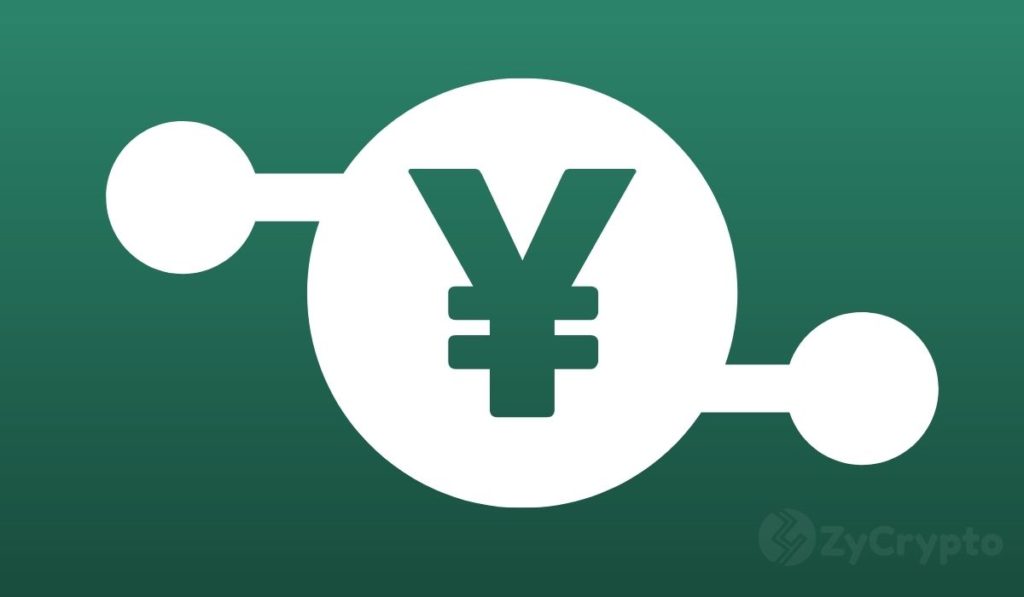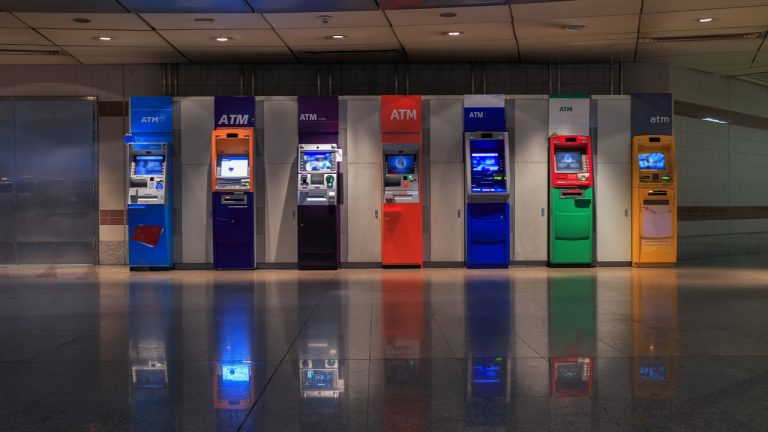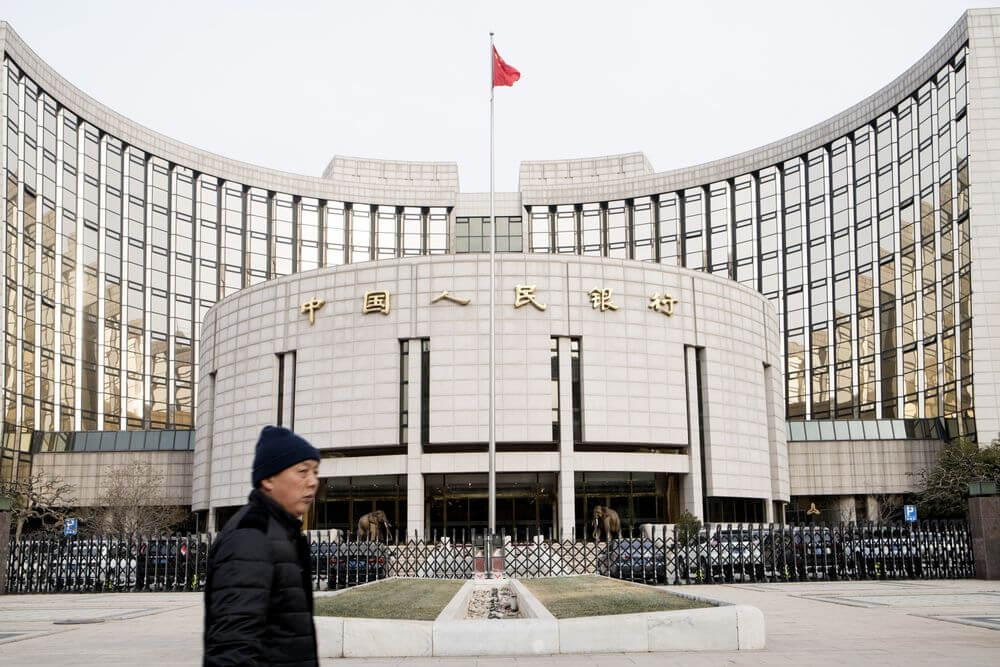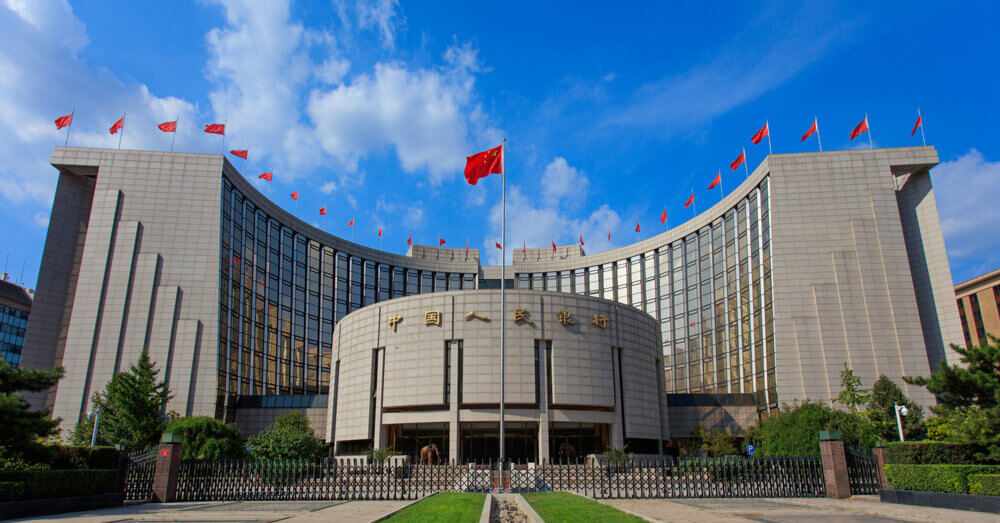2020-6-4 00:04 |
China's Digital Yuan could challenge the U.S dollar and Bitcoin, according to a recent report by Bloomberg.
The PBoC backed digital asset was piloted in April by the Agricultural Bank of China within four cities in the country. Since then, stakeholders across the world have voiced different sentiments, with some seeing it as a threat while others remain confident of the dollar's supremacy in pricing commodities such as gold and oil.
Though still in its early stages, it is likely to be tested on a massive scale during the Beijing Olympics scheduled for 2022. The Chinese digital yuan is simply cash stored electronically as opposed to physically in wallets.
This is not a new concept for China's population, given that payments via the likes of WeChat and Alipay contribute around 16% of the country's total GDP. The introduction of a digital yuan would, therefore, disrupt this market while reducing risks according to PBoC governor, Yi Gian:
“Those big tech companies bring to us a lot of challenges and financial risks…You see: In this game, winners take all, so monopolies are a challenge.”
Basically, the digital yuan is backed by the PBoC, meaning that the regulator controls this ecosystem. While this is antithetical to the concept of decentralization, China began working on it as early as 2014 and accelerated the project last year when Facebook announced Libra.
Recent political meetings by China's PPC and NPC also served to advance the CBDC agenda with a regional stablecoin proposition.
The Digital Yuan ThreatChina's move to launch a CBDC has been touted as a political strategy to dominate the emerging digital currency market, according to some. Andrew Polk, the co-founder of the Beijing based consulting firm, Trivium China, is among those convinced that PBoC saw an opportunity in this innovation:
“This has a very strong political will behind it…They see an opportunity of being a global leader here.”
However, not everyone thinks the digital yuan is set to change the current order; in which most assets are pegged to the U.S dollar. Henry Paulson, a former U.S treasury secretary, has echoed that China's plans for its CBDC do not pose a serious threat for the U.S dollar; primarily because the dollar enjoys a high degree of trust globally.
A Way to Implement More Financial Oversight?Though an easy way to bank the unbanked in China, the digital Yuan could be used to increase oversight within China's financial ecosystem.
Ideally, the PBoC will be able to track funds within its CBDC network. Furthermore, this regulator could place limits on the amounts transacted or even require appointments for one to transact a large amount.
Skeptics are now saying that this innovation could be linked to the social-credit system which functions based on the behavior of a person; ‘whitelisted' candidates can, therefore, get privileges.
Despite all the speculation, it will take longer before we finally see China's CBDC rolled-out across its jurisdiction and the fate of cross-border transactions upon the official launch.
origin »Bitcoin price in Telegram @btc_price_every_hour
Digital Rupees (DRS) на Currencies.ru
|
|


























